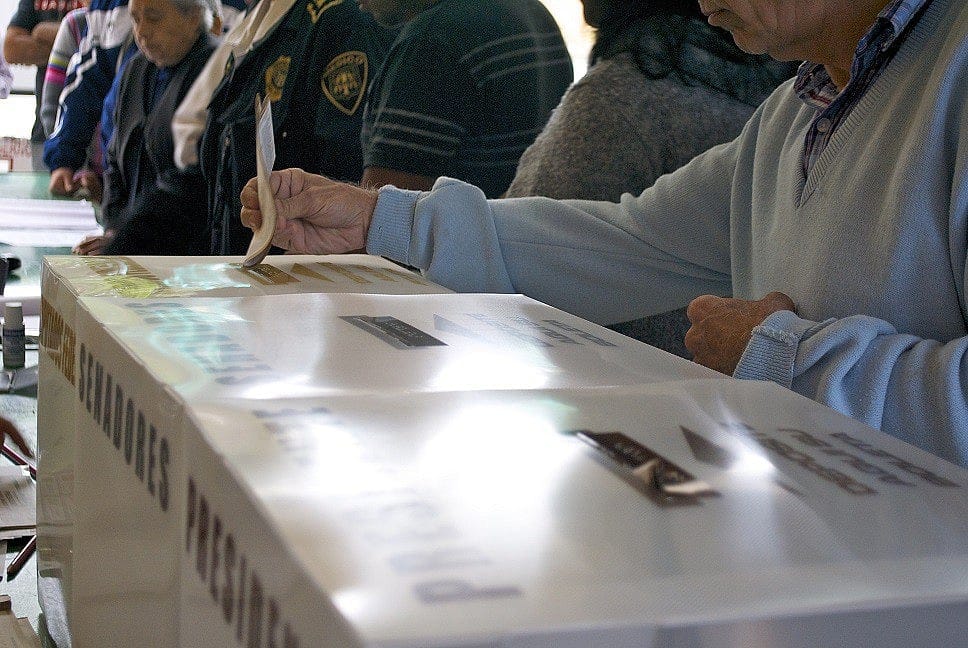Democrats and voting rights: Do as we say — not as we do

With the primaries in full swing, the Republican food fight over Trumpism continues, and Hillary Clinton and Bernie Sanders compete to bash Wall Street and expand government. But the issues in the primary will not be the issues in the general election. Eventually, the Democratic candidate will be attacked as a tax-raising leftist, while the Republican candidate will be tagged as insensitive to women, minorities, immigrants and civil rights. Some things never change.
One predictable line of attack from the either Hillary or Bernie will be complaints about "disenfranchisement" of voters through voter ID laws, changes to early voting schedules, or other changes to voting procedures in Southern states such as North Carolina and Texas. Especially given the tragic death of Justice Antonin Scalia, "the Republicans want to deny your right to vote," "the Republican Court gutted the Voting Rights Act," and similar charges will be thrown around with abandon by the Democratic candidate.

